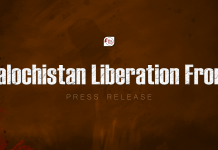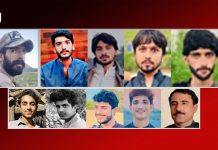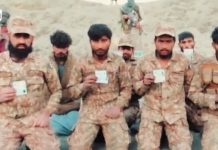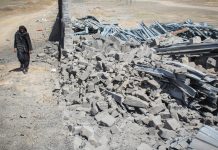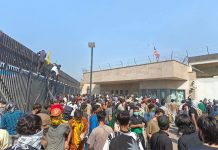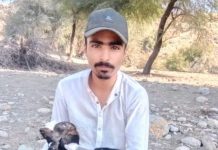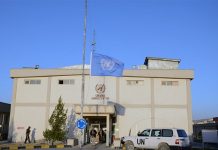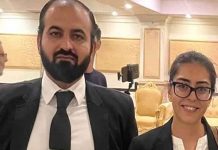By Andlib Gechki
Throughout history, Baloch women have stood as symbols of courage, dignity, and unwavering strength. They have never remained in the shadows—they have stood shoulder to shoulder with their men on every battlefield, never leaving them alone. Their presence was not limited to support roles; they fought as warriors, leaders, and voices of resistance. This unique cultural tradition is why gender discrimination has never found roots in Baloch society. Unlike many parts of the world, the Baloch have never needed a feminist movement—equality between men and women has always been a deeply ingrained part of our heritage. Though some families or tribes may differ in practice, equality remains the prevailing ethos.
History offers us countless examples of brave Baloch women who lived and died for their people. Among them is Mahathun, the sister of Dad Shah, the legendary Baloch rebel who resisted the oppressive regime of the Shah of Iran. When Dad Shah took to the mountains to lead an armed resistance, Mahathun did not stay behind. She joined him in the struggle with her other brothers, fighting side by side with equal courage and devotion. Her involvement in the rebellion serves as a powerful reminder of the role Baloch women have played—not just in support, but as active participants in armed struggle.
Another shining example is Banadi Baloch, also known as Banadi Shehak, the sister of the legendary Mir Chakar Khan Rind. During the Battle of Chausa in 1555, when Mughal emperor Humayun sought help against Sher Shah Suri, Mir Chakar dispatched 40,000 Baloch warriors led by his son. As the battle turned dire and, despite their valour, the Baloch forces began to retreat, Banadi took a bold stand. She shattered her bangles—a symbolic act of war—and entered the battlefield with her sword drawn, rallying the warriors back into combat. Her actions reignited their fighting spirit and changed the course of the battle. Her story remains a celebrated chapter in Baloch history, immortalised in poetry and oral tradition.
In Baloch history, women were never confined to domestic spaces—they led from the front. They commanded soldiers, led communities, and shaped the destiny of their people. Their sacrifices were not symbolic; they were real, total, and often final. They dedicated themselves to the progress and dignity of their nation, never hesitating to give their lives when the call came.
One such figure is Luma Kareema, a woman who never compromised her principles or the interests of her people. She devoted her life to building a better future for Balochistan, refusing to accept anything less than justice and sovereignty.
Today, that legacy of courage lives on in women like Dr Mahrang Baloch, a modern-day icon of resilience. Despite being a victim of oppression herself, she stood firm, refusing to bow before tyranny. She became the voice of the voiceless, a symbol of hope for thousands of families seeking the return of their loved ones. Her determination, strength, and commitment to justice have earned her the title of the “Iron Lady” of Balochistan.
Alongside her stands Sammi Deen Baloch, another brave soul whose father has been missing since her childhood. Despite enduring deep personal pain, Sammi has emerged as a powerful advocate for the forcibly disappeared, refusing to be silenced. She carries forward the voices of countless others who suffer in silence.
Tragically, both Dr Mahrang and Sammi Deen were imprisoned by the Pakistani state. Once, they held the pictures of the missing; now, their own images are held aloft by those pleading for their release. Yet, even in captivity, they continue to inspire. Their courage transcends bars and chains.
Let us pray for these brave women—for their safety, freedom, and strength. May Allah protect them from all harm and bless the Baloch people with justice and peace.
Long live the brave women of Balochistan.
Long live the Baloch people.
Long live Balochistan.
Disclaimer: The views and opinions expressed in this article are those of the author and do not necessarily reflect the official policy or position of The Balochistan Post or any of its editors.











